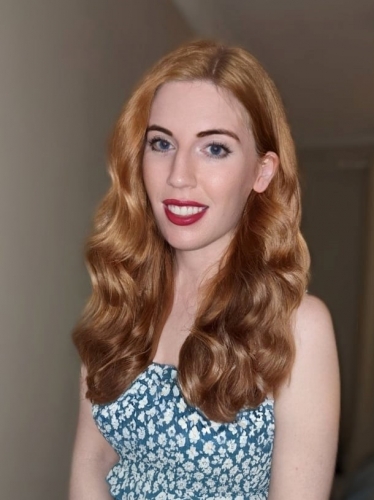Amidst the immense tragedy and sadness of caring for people with a terminal illness, one palliative care nurse has shared stories of the human resilience that have inspired her throughout her career.
“Of course, there’s some incredibly upsetting stories, and there's sadness to every scenario that you're working within, because everybody would prefer to have their illness cured and not have to face a terminal diagnosis.”
Subscribe for FREE to the HealthTimes magazine
“But the reality is that you are doing everything you can to help that person live”, said Claudia Virdun, Secretary of Palliative Care Nurses Australia.
“The focus is really on life and living as well as you can, rather than on death. Yes, you do have some conversations around death and dying, and the impact of that.”
“But the majority of the time you're working with people who want to still achieve certain goals, and your job is to help them to do that”, Ms Virdun told
HealthTimes.
She said there were many memories of patients that have stayed with her over the years, including that of a young woman in her 20s who had been travelling with her boyfriend during a gap year holiday.
“The lady came into the emergency department with really quite severe pain. The medical team realised she had a large mass in her pancreas, and they were concerned that there was a very serious diagnosis coming.”
“Because of her circumstances, and because of her pain, they linked her with a specialist palliative care service, where I was the nurse leader at the time.”
“I remember meeting her before she had actually had the full diagnosis come forward. She was very unwell, but I then worked with her and looked after her for close to five years.”
In the time that followed, Ms Virdun cared for the woman’s complex symptoms, and helped her navigate the complexity of trying to live as well as she could, while she dealt with a limited and frightening prognosis at the age of just 23.
“She got married, I helped her add some pockets into her wedding dress so that she could hide the syringe drivers that were being used for her medication delivery, because she wanted to look as non-critical as she could on the day.”
“She spoke to me a lot about what she wanted for her fiancé and then-husband after her death. And her hopes and dreams for him, and how she wanted us to help him through bereavement in relation to that.”
“Obviously it was an incredibly sad story, but at the same time, it just really shows the resilience of human beings when they're given the right care when facing a serious illness. We were able to support her throughout that, and even though it's such a tragic case, she had the best experience she could alongside that.”
“And I remember her saying to me, ‘I don't really like the word palliative, so I’m not going to call you my palliative care nurse – I’ll just call you my pal’”.
“And she chose to stay away from her home country, and just stay here in Australia. Her parents had to go back and forth to visit her, but she wanted to live out her dream of the gap year as much as she could.”
“It was a complex scenario, where we really had to look at her physical care needs, but also her emotional, social and spiritual care needs as well.”
Ms Virdun said the story typifies how diverse palliative nursing can be, and the versatile skills nurses often have to daw on.
“I remember sitting there doing the sewing on the wedding dress, thinking I never thought this would be part of my nursing. But at that time, we were able to have really important conversations and I could help her with some of her plans.”
“And then when she became really unwell, she had enough trust to be able to talk to us about what was scaring her, what she felt comfortable with, and what she was wanting for her end-of-life care as well.”
Ms Virdun said more can be done to better support the palliative care nurses who provide this vital support to the community.
“I think a much greater focus on education and feeling confident in working with people who are facing serious illness would make a big difference.”
“For the majority of time, when I speak with nurses now who are newer to the profession, they feel very under-confident about having complex conversations about end-of-life care.”
“I find that they're just getting scared, so they don't even go there. And I think that's a shame and something we could really try to help address at a system level.”













